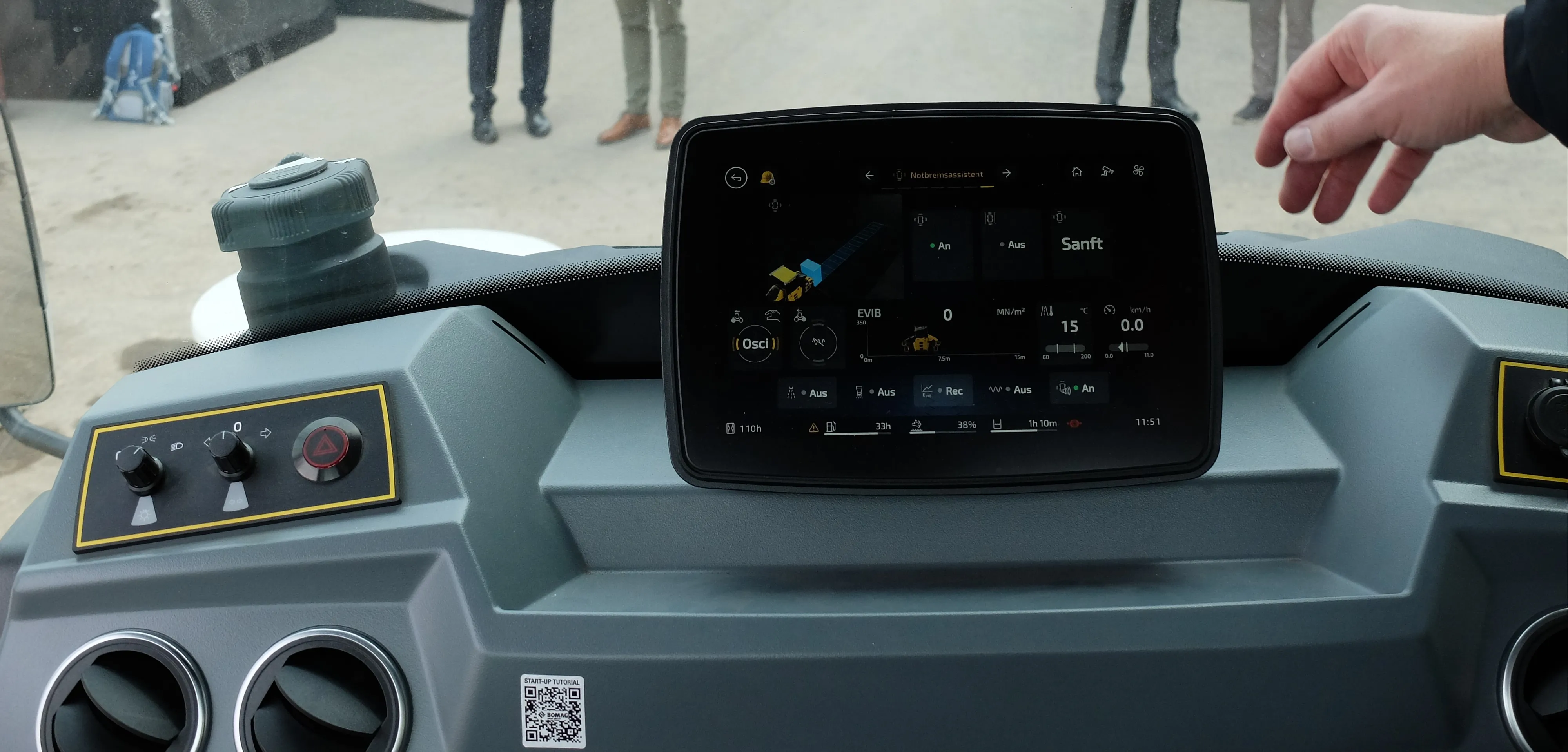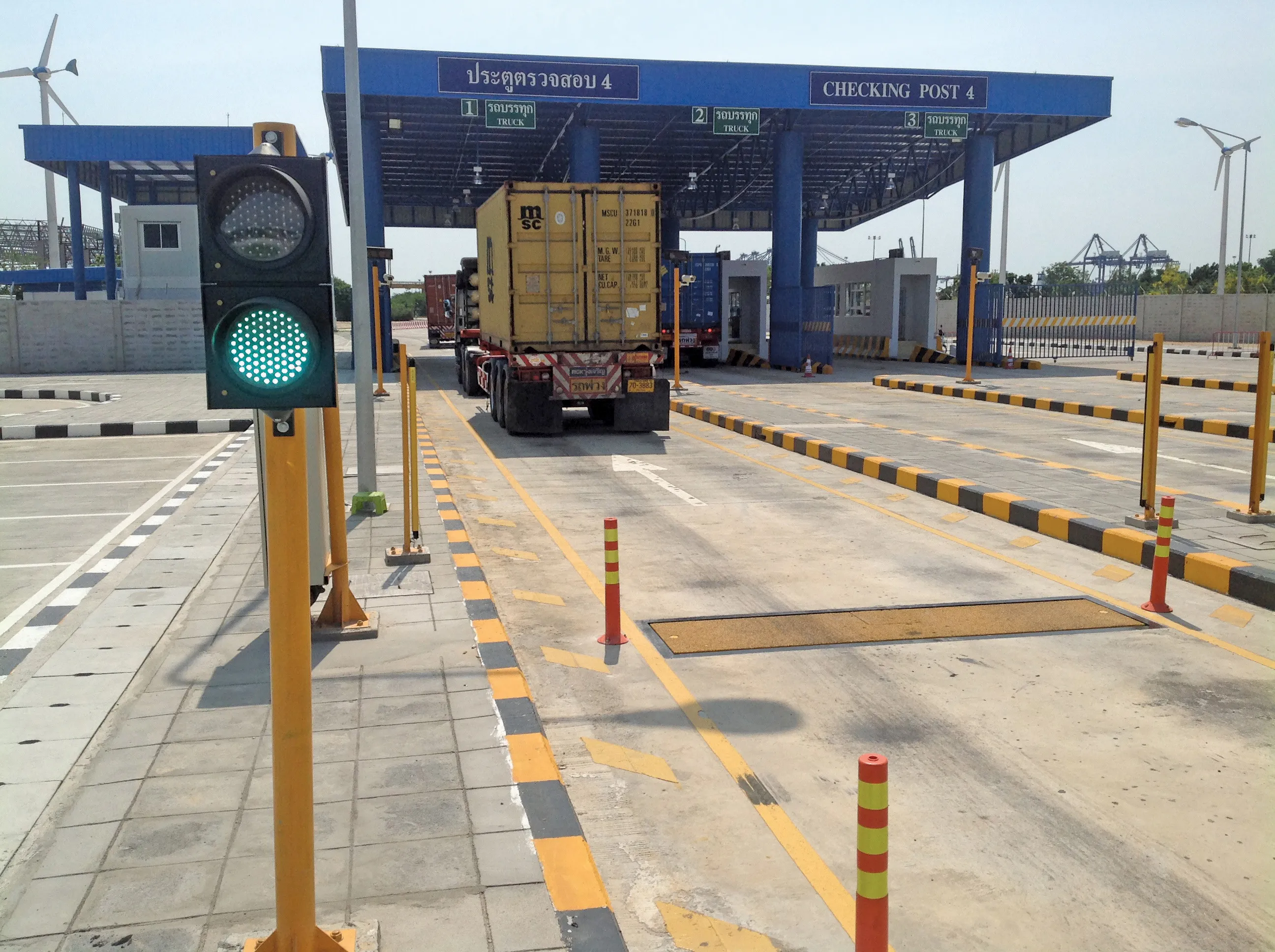Trimble has won a major contract in China, which forms part of the airport capacity expansion for Beijing. The new Beijing airport facility is expected to handle up to 72 million travellers, 2 million tonnes of freight and 620,000 flights by 2025. This is a massive construction project requiring a huge investment in civil aviation by the Chinese Government. In order to construct the airport efficiently, safely and within a strict timeframe while achieving optimum quality, the Beijing New Airport Project is
December 10, 2015
Read time: 2 mins
Trimble was chosen by the Beijing New Airport Project to implement a browser-based, locally-hosted digital construction information management system for tracking and monitoring construction operations in real-time. The Trimble solution allows users to create 3D constructible models, perform soil stabilisation, automate construction processes and effectively manage information. Based on the successful soil stabilisation results using Trimble machine control over the past four months, another 15 systems have been ordered.
“The research results for dynamic compaction have been extremely promising,” said Li Qiang, chief engineer of the Beijing New Airport Construction Office. “As a result, the project is pushing forward with a larger scale deployment to further the research into creating new methods and standards for airfield construction.”
“The Beijing New Airport Project is a significant win for Trimble and we are very excited about the success of the project,” said Steve Berglund, president and CEO of Trimble. “The contract extension validates Trimble’s ability to provide innovative solutions that transform work processes by maximising management capability, ensuring construction quality and improving productivity.”









